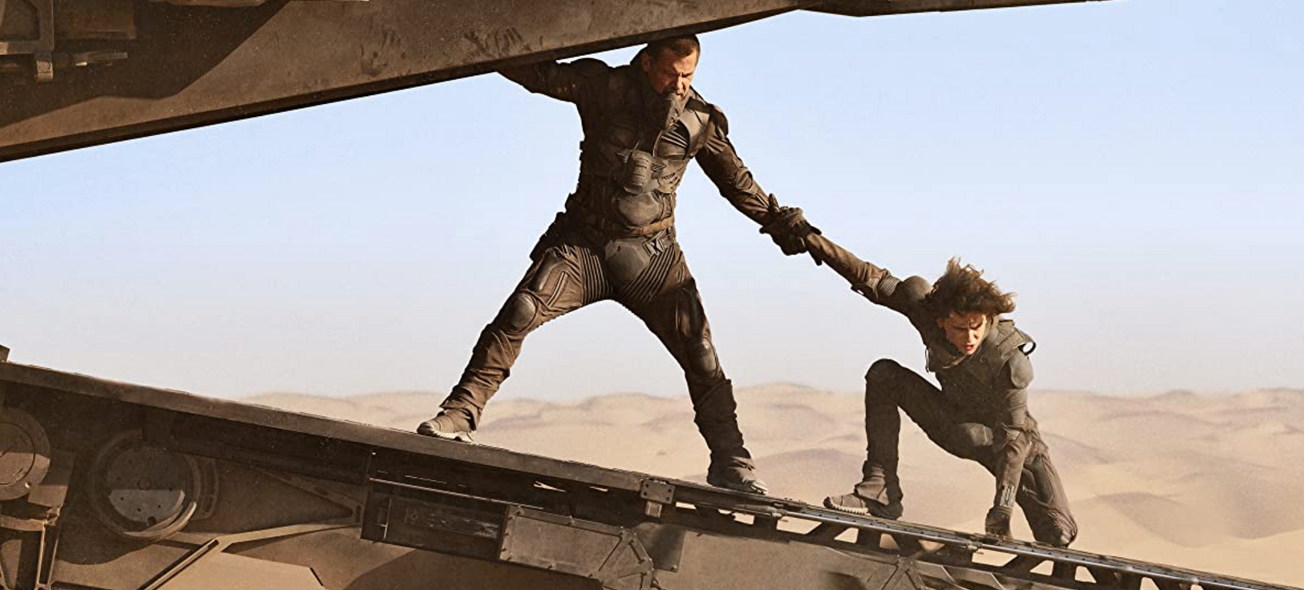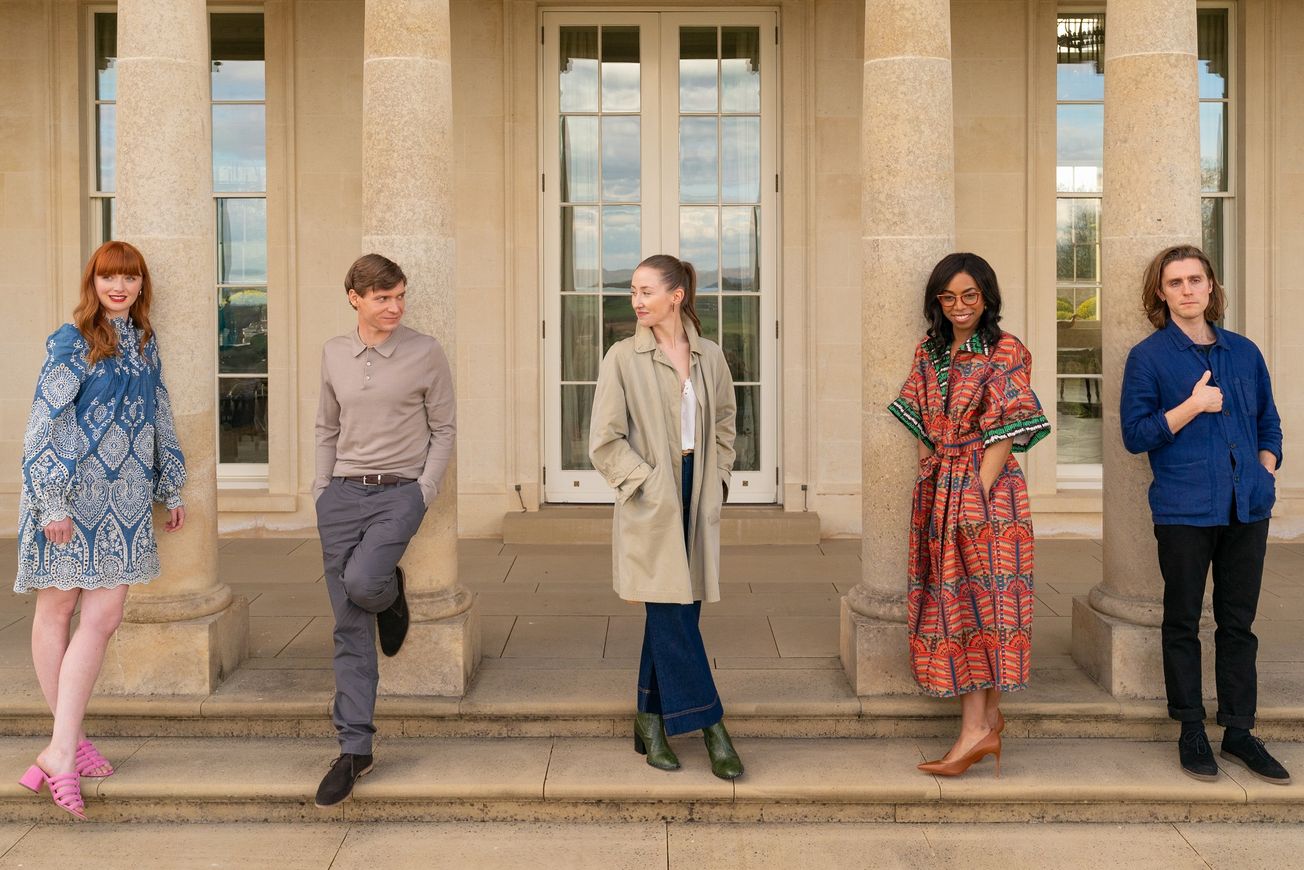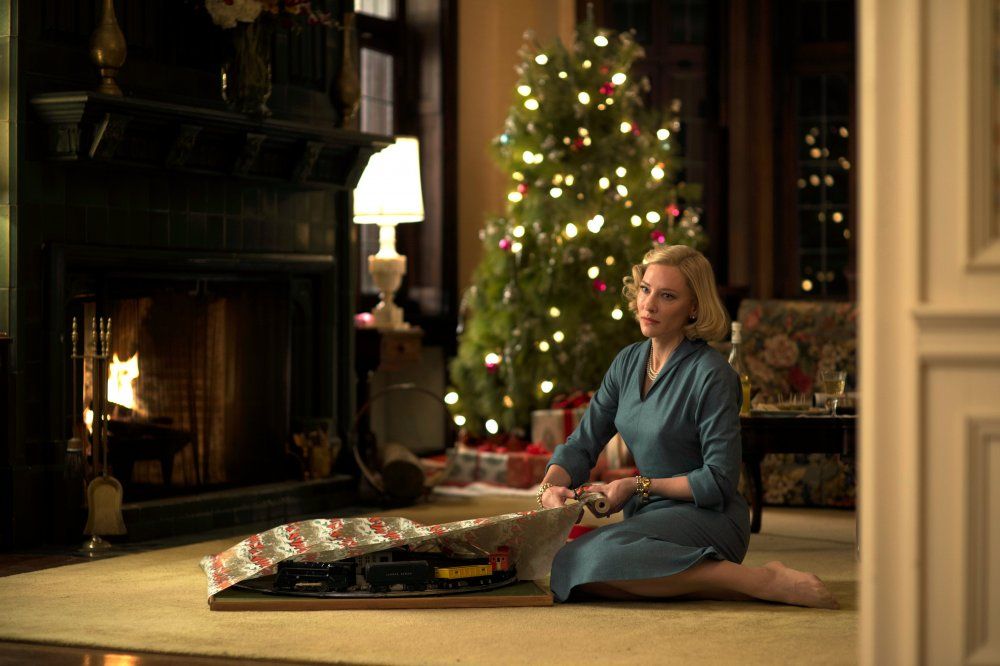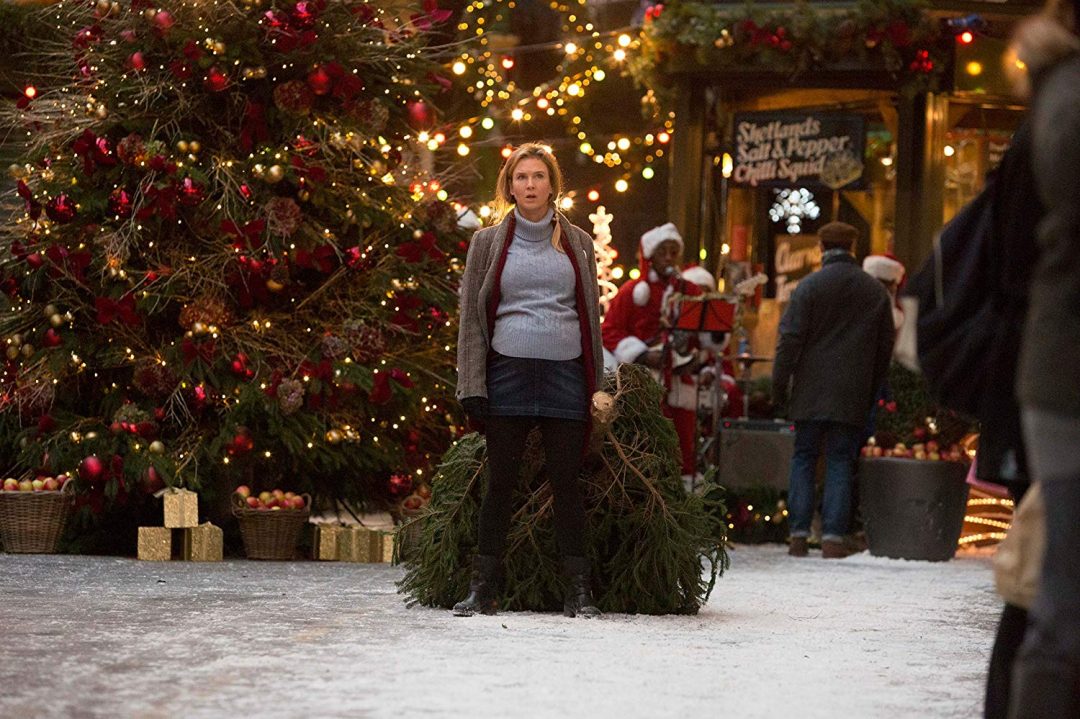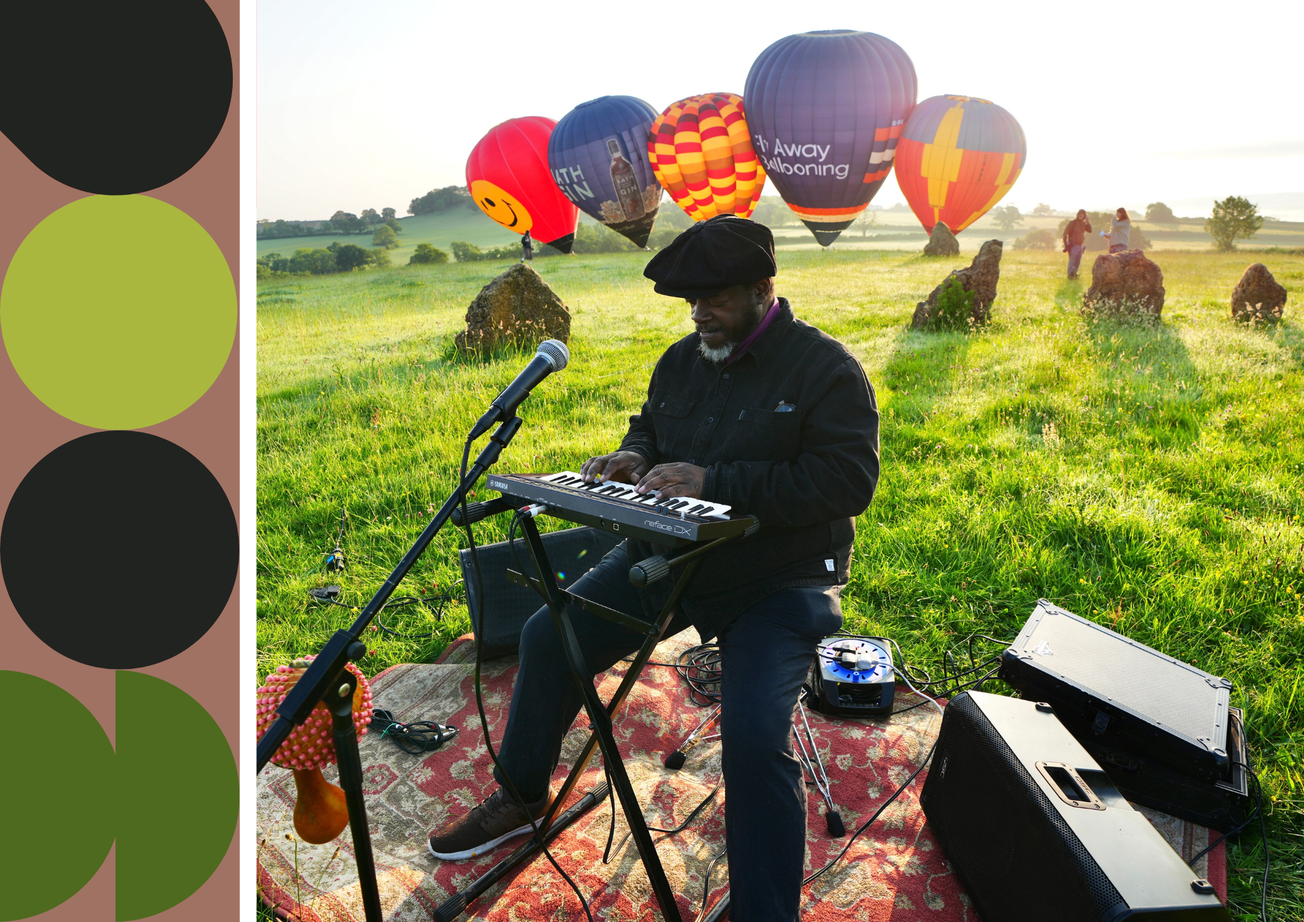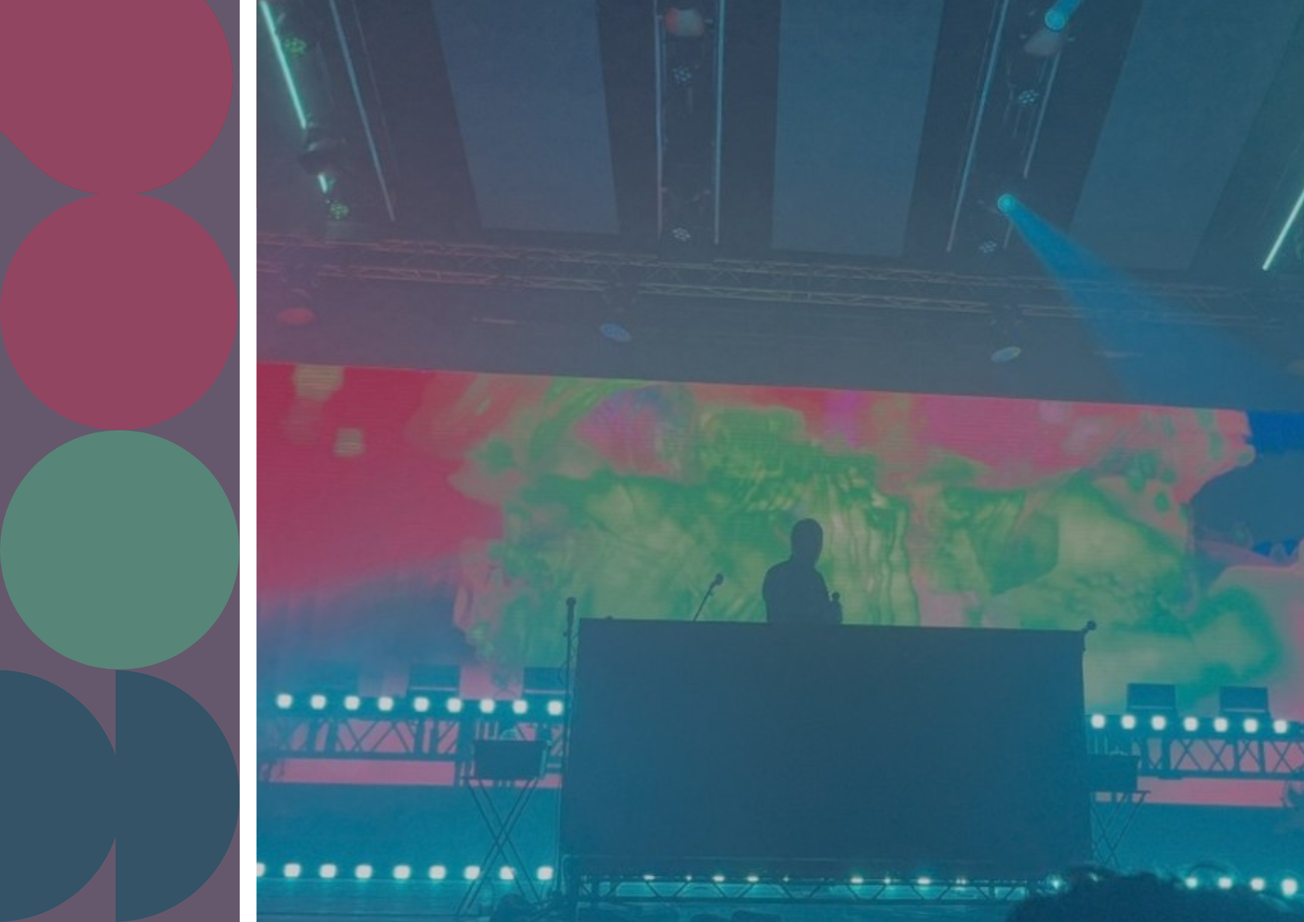By Jamie White, Film & Television, Third Year
After a yearlong hiatus due to obvious reasons, Dune, Warner Bros’ $165 million reimagining of Frank Herbert’s seminal science-fiction novel, has finally been released. In an increasingly-anxious time in cinema history, however, one has the ‘convenience’ of streaming this glossy spectacle online. While it may be far from a triumph, it is my job to urge you to see this film in cinemas.
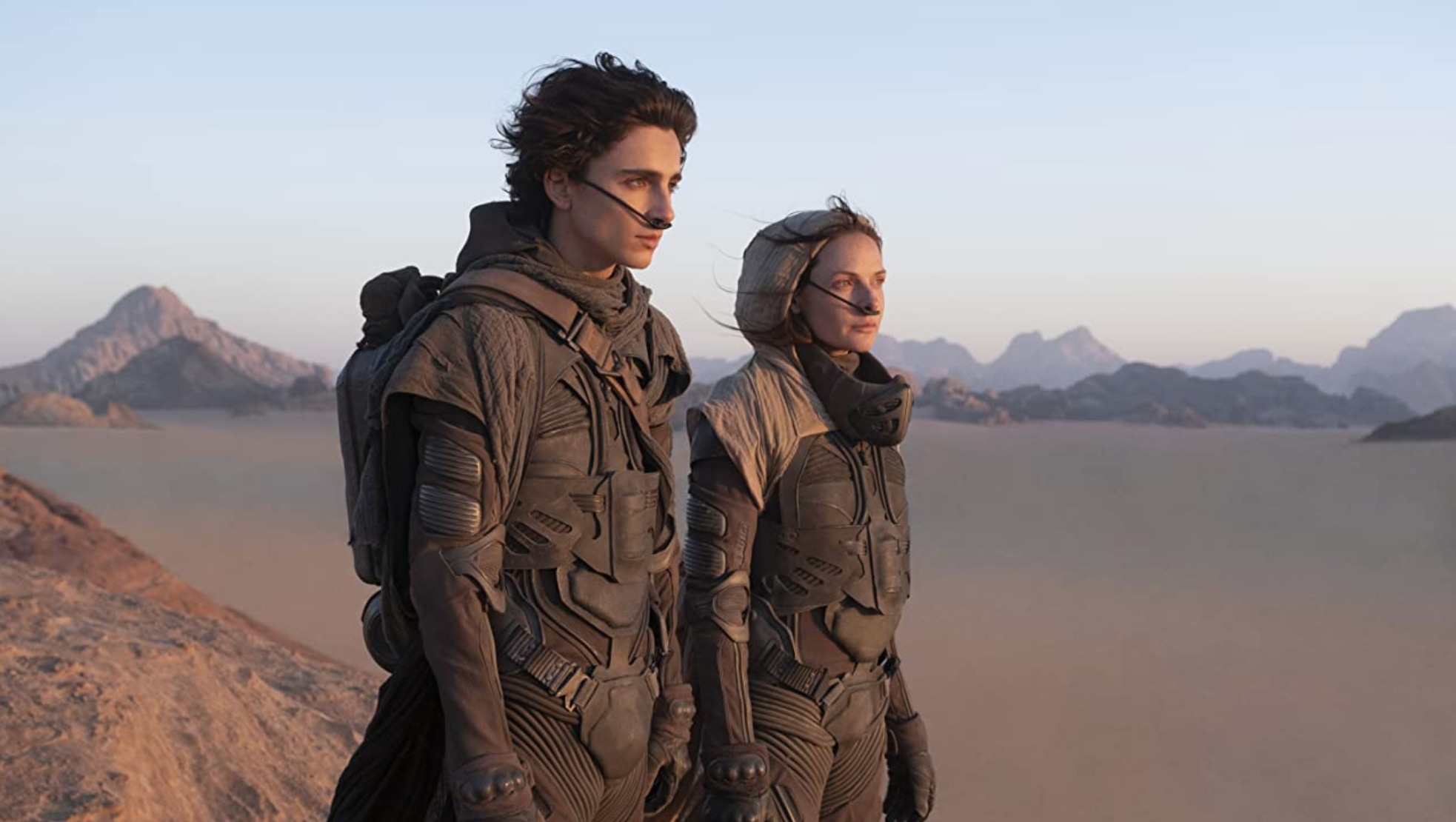
Questions of Dune’s position in the current mediascape of pastiche remakes, spinoffs and cinematic universes seems to have divided critics since the announcement of its production back in 2017. After David Lynch’s 1984 adaptation was labelled by revered film critic, Robert Ebert, as an ‘incomprehensible, ugly, unstructured pointless excursion’, fans of Herbert’s novel seemed confident that the film was ill-fated and destined for failure. After all, Dune is a complex saga – its ambiguous characters, vast worlds and politics of race and leadership demanding considerable effort.
The new Dune may not be as faithful to Herbert’s vision as Lynch’s version, but it’s in its adaptations where the film shines brightest. Directed by Denis Villeneuve, a French-Canadian director whose rise from arthouse to Hollywood seems, at this point, interminable, Dune tells the story of Paul Atreides, a ducal heir who is summoned to a higher calling after his family are decreed to restore peace to the planet Arrakis.
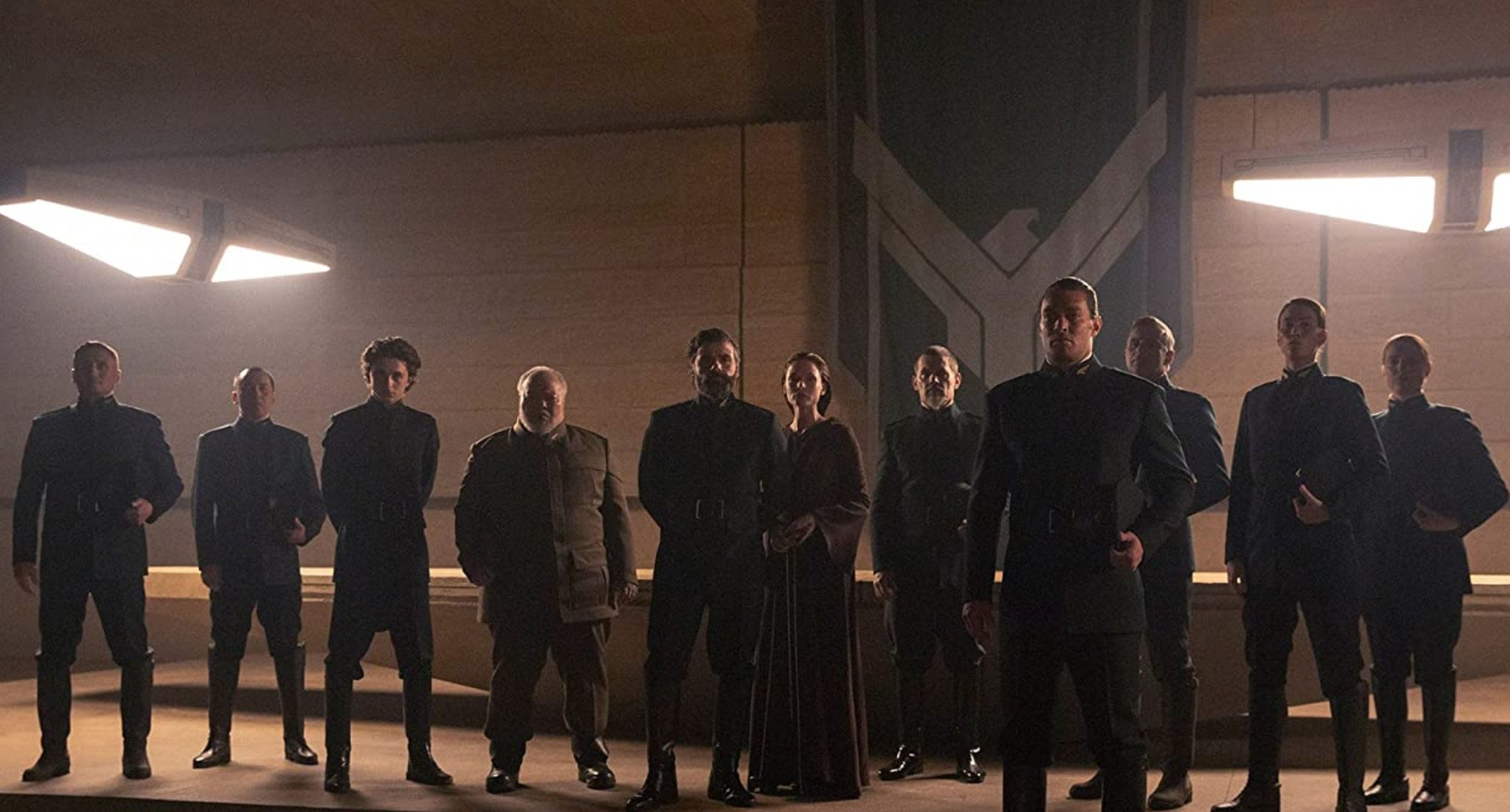
After relocating to the planet, however, the House Atreides finds themselves embroiled in a terrible trap; the patriarchal Duke murdered and the family hunted down by the ruthless Harkonnen troops. Haunted by visions of a mysterious girl, Paul and his mother flee his castle and take refuge amongst the indigenous Fremen in an attempt to fulfilling his messianic destiny to rule Arrakis.
Leading a cast so jam-packed with Hollywood royalty that it almost seems excessive, Timotheé Chalamet takes on the character of Paul in one of his most serious roles to date. While his performance seems, at times, a little too ‘coming-of-age’ angst, Chalamet sparkles next to his co-star, Rebecca Ferguson, who beautifully conveys the conflict enlisted upon her between motherhood, sisterhood and public duty.
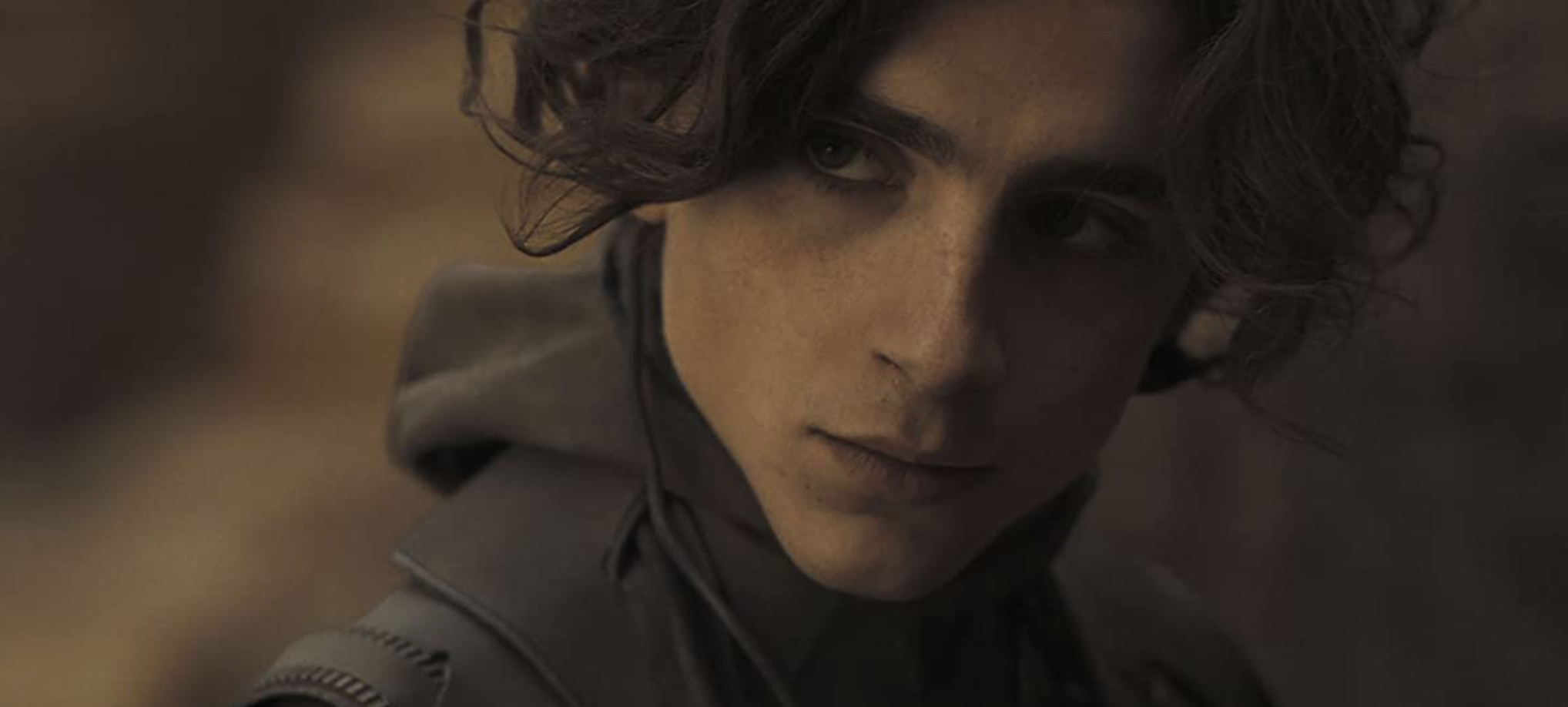
There is a scene early on in the film where Paul is instructed by a “Truthsayer'' to place his hand in a mysterious box. When he realizes, however, that the box is in fact a rite of passage, Paul must writhe in silent despair if he is to avoid being pricked by a ‘Gom Jobbar’ – a needle bathed in poison. In this moment of drama, the cross-cutting, acting and cinematography are exceptional, highlighting in measured performances the prophetic curse which plagues the Atreides family. It is also in scenes such as this that Dune reminds the viewer that this isn’t your usual serving of mass-produced Hollywood spectacle aimlessly plucked from the franchise cattle shed. It isn’t always about the action – there really is a story to behold here.
Other noteworthy performances include the honourable warrior, Duncan Idaho, played superbly by the Herculean Jason Momoa, and the foreboding ecologist, Dr. Liet-Kynes, played by former EastEnders’s actress, Sharon Duncan-Brewster. Readers of the novel will notice that rather than opting for a man to don this role, Villeneuve opted for a woman. In embarking on this collaboration, however, Villeneuve and Duncan-Brewster bring something fresh to the table and the essence of the character is beautifully sustained.
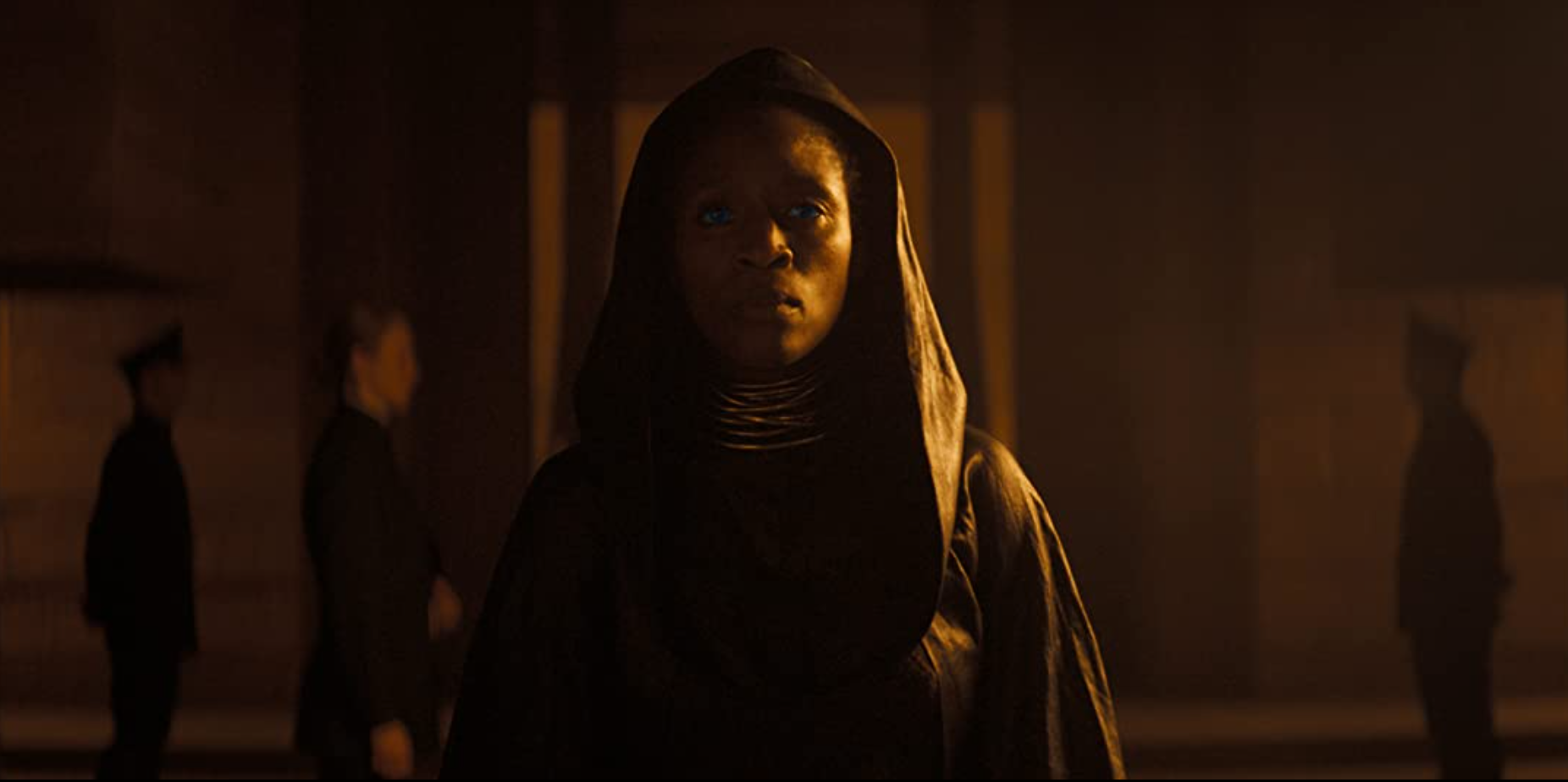
If something is to be readapted or remade, there is little joy to be had in reanimating a corpse (*cough, Ghostbusters Afterlife). Dune’s infidelities are what allow for a strong and coherent vision of its lore to take shape as sadly Herbert’s novel, as influential as it may be, is anything but coherent. Nobody wants to be bored by the politics of this world. Instead, they want a blockbuster film, an audio-visual experience you can really sink your teeth into – and my god, does Dune deliver.
Rogue One (2016) cinematographer, Greg Frasier, transports us to a universe that feels truly believable. From its Mesopotamian architecture to its insectile ornithopters, Dune is a masterclass in visual storytelling, it's costumes and set-pieces vignetted in Villeneuve’s iconic palette of subdued, moody colours and textures. It would be appropriate to say that Dune really does feel colossal, a spectacle that was purpose-built for the ‘big screen experience’.
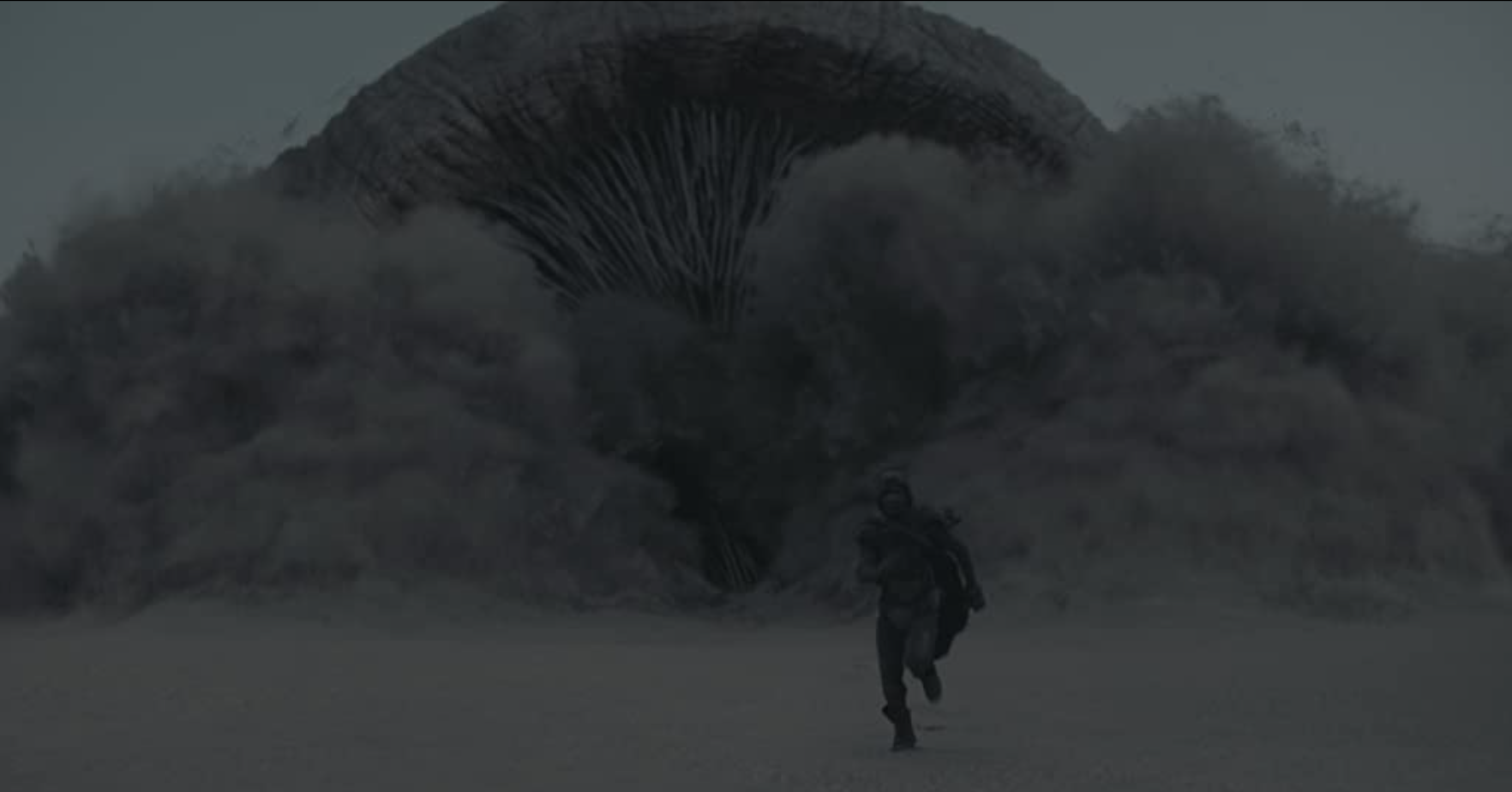
Yet, as we lay spellbound at the gargantuan sand worm, gorging into our popcorn and soft drinks as the blockbuster intended, one may find dispersed amongst the action and the heroism moments of subtlety and patience much akin to the arthouse film. While it’s hard not to recognise the semblances of the Star Wars, Star Trek and Mad Max franchises in its tissues, Dune is a lightyear away from the franchise filler we are accustomed to.
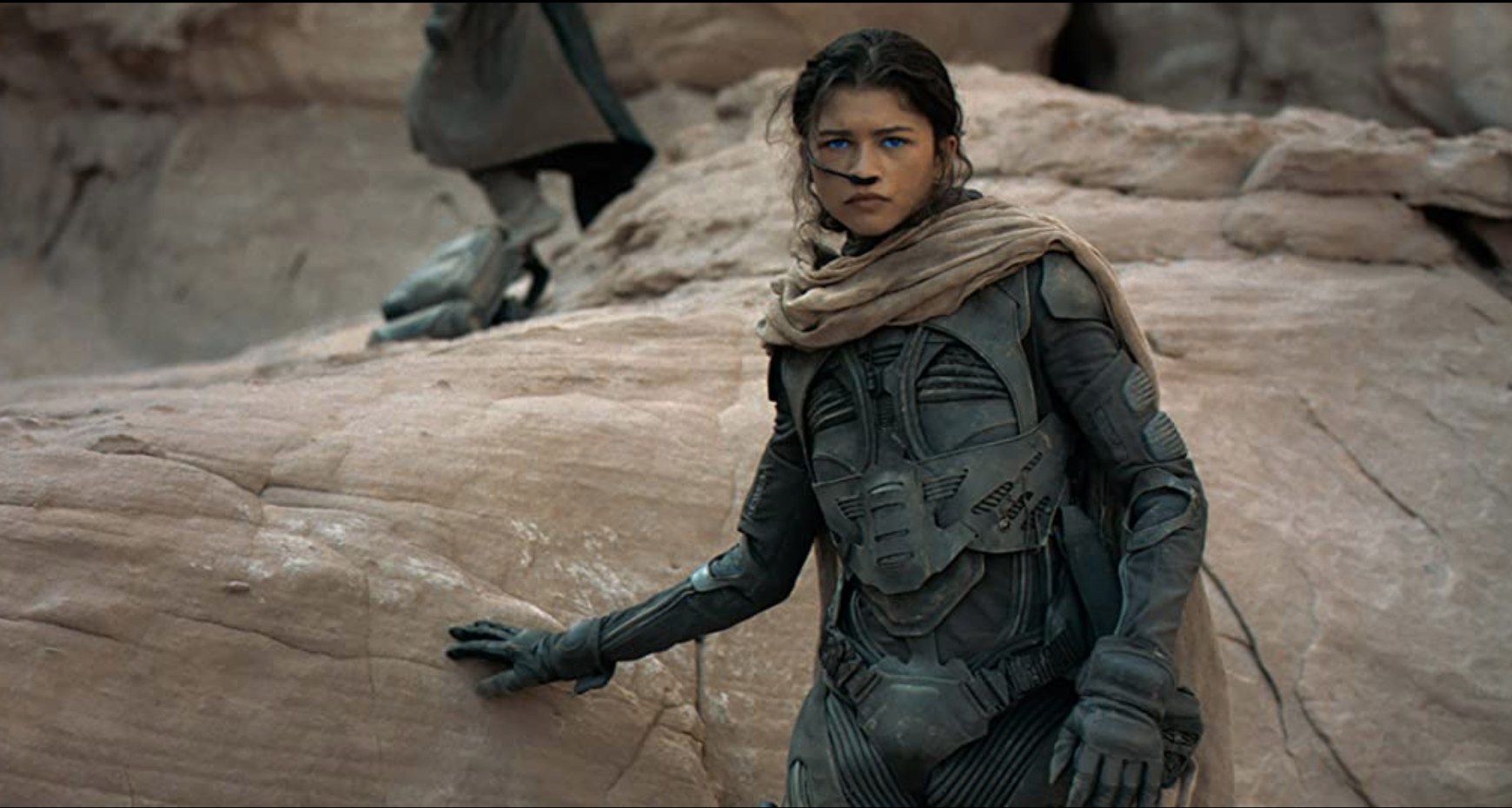
To conclude, Dune may be a ‘big film’ but it is also a smart one. While its enormous Spice-fueled engines may lose momentum towards the second half of its runtime, Dune compels you to feast not only with your eyes, but with your mind. Its lore is faithfully and respectfully translated here, enriched by mesmerising visuals, career-defining performances and enchanting Zimmerian symphonies.
It’s just a shame that it has to be plated in two servings. As to where the film truly ends and begins, I guess we’ll have to wait until October 2023 to find out.
Featured Image: IMDB
Will you be flocking to see Dune: Part 2?

